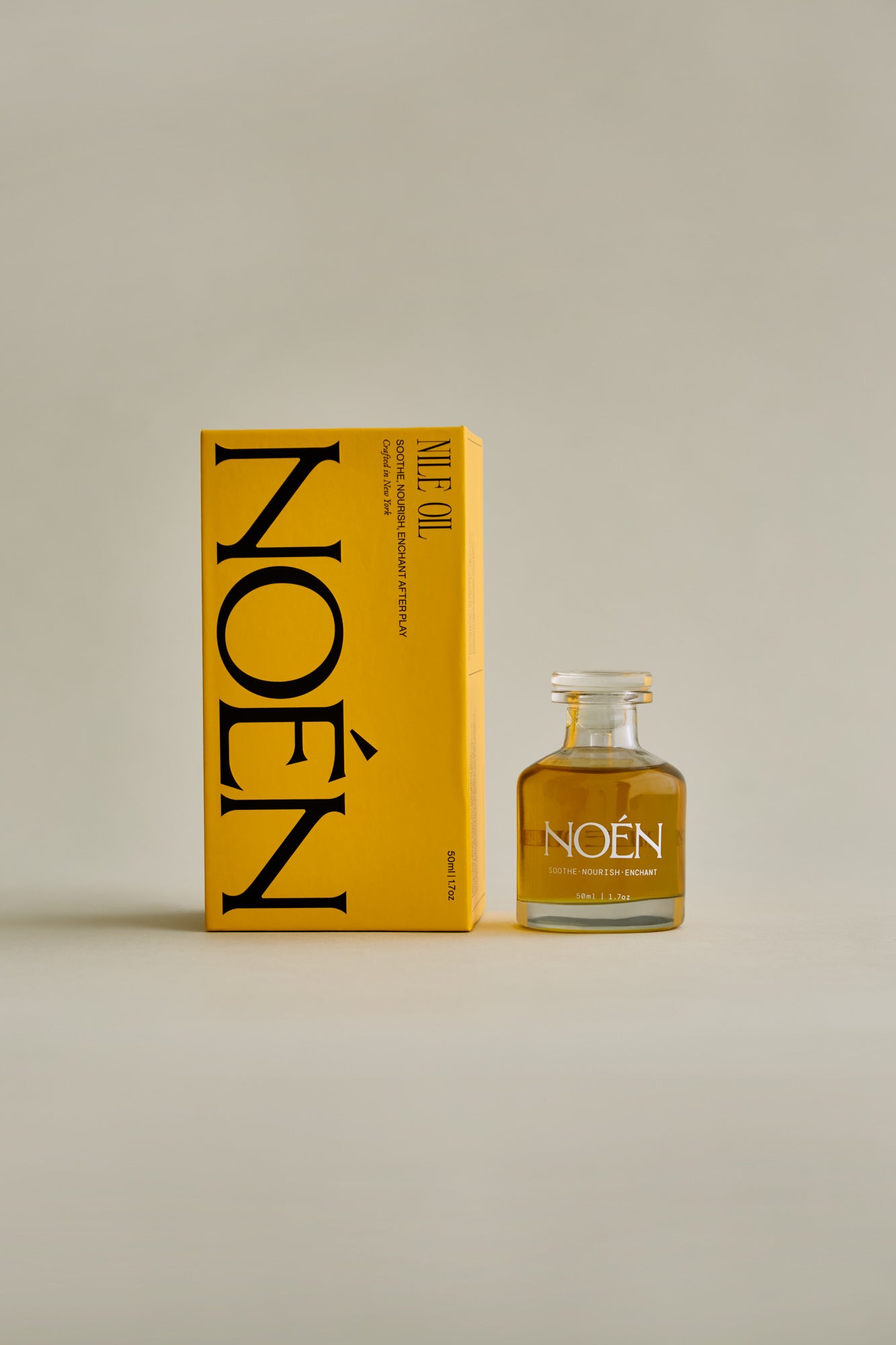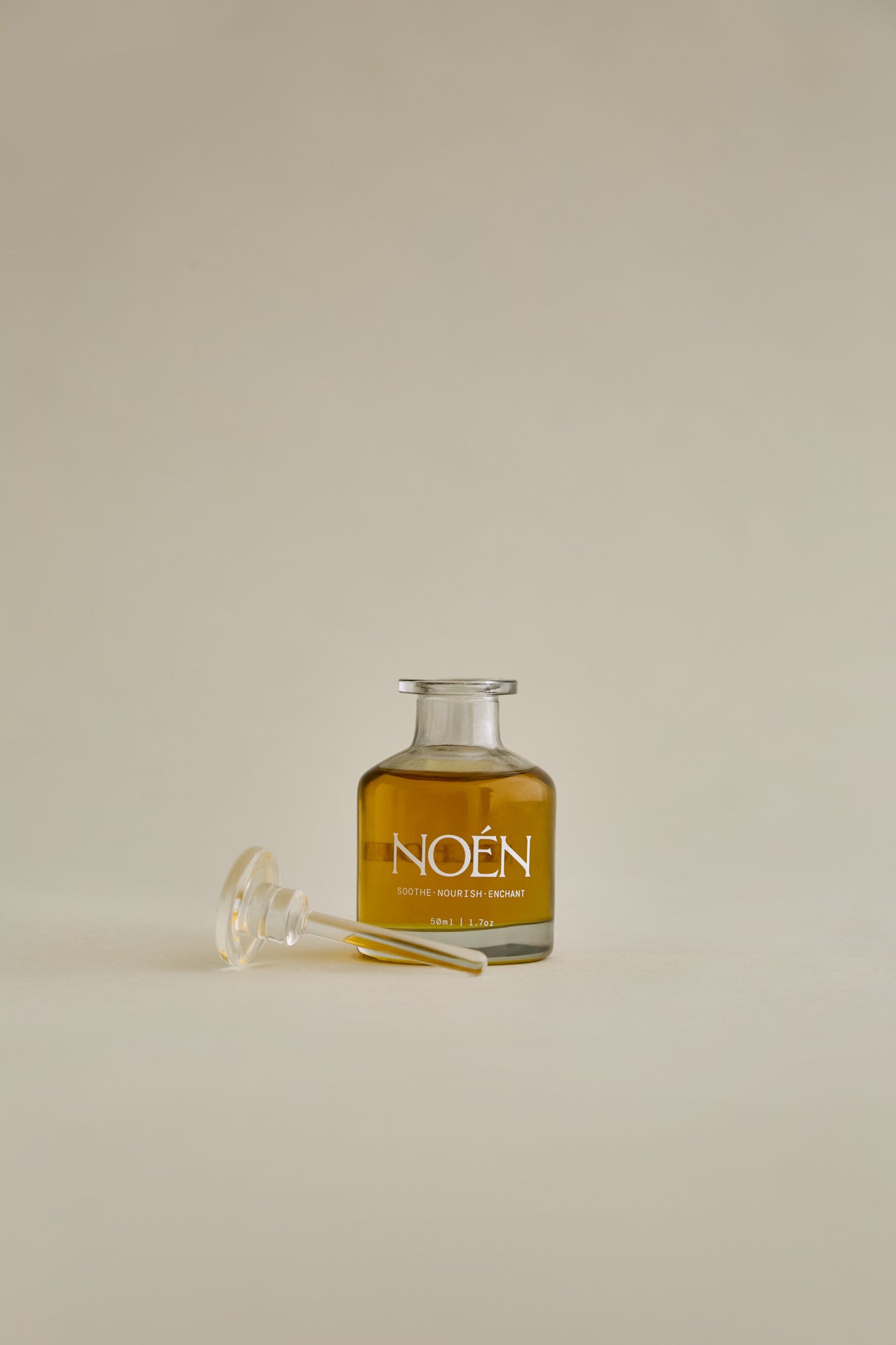NOVEMBER 12, 2024 | EMMA COLANGELO
Exploring Romance and the Need to Connect
Humans have always been creatures of ritual, especially in mating. Whether driven by status or power, the journey to connect often feels like a performance rather than an expression of true intimacy. As Esther Perel notes in Mating in Captivity, "desire is the need for separation," hinting that desire thrives in the tension between closeness and distance. But where does that tension come from? Is it nature, or is it something we learn? Are we driven by instinct to play it cool and keep desire at arm's length, or is it something we've learned through centuries of social conditioning?
Today, dating is a mix of primal urges and cultural expectations, a balancing act where rituals around intimacy—like when to “do it”—can feel like steps in a dance we’ve all been taught.
The Game of Modern Romance
In the early stages, you put your best foot forward. You might wait an hour to respond to a message or hold off on sleeping together until the third date. You share just enough of the good information about yourself to keep them curious, but save the more insane details for later. You act more indifferent than you feel and target them with thirst traps on your Instagram story. We all know the drill.

Manipulating our love interests isn’t some trend of the moment; humans have been playing these games long before swiping right on anything. Even cavemen would gift each other obsidian to show off their resourcefulness—then take it back if their crush didn’t return the interest. Extremely petty, but honestly iconic.
So why do we insist on leading with our best foot instead of our most authentic one if what we desire most is genuine connection? Is it just the way we’re wired, or something society has shaped? And perhaps most importantly, is falling in love—the thing that makes life worth living—just a struggle for power?
As we navigate these rituals, “playing it cool” becomes even more embedded in our approach to connection, a shield against rejection and vulnerability.
The Power of Playing Games and ‘Playing it Cool’
Courtship has always been a performance, a way to signal status, resilience, and compatibility. We drop a witty remark, a well-timed glance, or throw in some mystery, hoping that this will be the thing that makes them want to stick around. But somewhere along the way, we mistook the rush of uncertainty for actual chemistry.
Playing hard to get, for instance, activates the same parts of the brain we associate with stress, fueling the chase with tension rather than true intimacy. Attachment theorists like John Bowlby and Mary Ainsworth suggest that those with anxious attachment styles might even find comfort in the drama, mistaking validation for love.
So why do we lean into these games? Simply put, they feel safer. Playing it cool and sending mixed signals protect us from vulnerability. After all, being fully seen in a relationship is risky: What if they don’t accept the real you? The message becomes clear: don’t be too eager, don’t reveal too much too soon, and let them come to you.
In a heteronormative context, courtship is still steeped in gendered expectations—men are often expected to be the pursuers, initiating and displaying their “resources” (modern-day wealth, looks, or charisma), while women are socialized to be passive, mysterious, and “worthy of pursuit.” This dynamic pushes people into roles that can hinder authentic connection, turning dating into a script rather than a genuine exchange. While these roles are less rigid in LGBTQ+ relationships, traditional expectations still shape how people navigate attraction and power dynamics.
Does ‘Doing It’ Really Change Anything?
There’s also the question of whether sex, the ultimate act of connection, really changes the dynamic between two people. In the early stages, we might attempt to maintain a sense of mystery, believing this restraint will build anticipation. Does sex alter the balance of power, or does it simply reveal how invested we were in the game all along?
Here’s the thing: no matter how much we try to curate ourselves, sex always has a way of cracking us open. It’s a raw and vulnerable act, one where we can’t hide behind facades or perfected versions of ourselves. The moment after—when the physicality fades and the emotional vulnerability sets in—becomes a critical window of opportunity. It’s in these moments afterplay we have the chance to show up for each other, not just with tenderness, but with honesty about what is happening in our internal world.
So, does sex change things? Yes. It gives us a deeper chance to connect, but only if we allow ourselves to be fully seen afterward. After sex is a chance to nurture what we’ve shared, to ask for what we need, and to ensure that, in our vulnerability, we’re being met with the same honesty and care.
We’ve seen how “playing it cool” and holding back can create an illusion of attraction—layers of uncertainty that often pass for chemistry. But the games stop when we decide to stop playing them. The games end when the thrill of the chase fades, and we’re left to ask: what remains when we stop performing? The games end when we stop trying to win and, instead, start being real with each other.
And maybe, just maybe, that is when we finally win the prize—not by following some weird set of rules, but by deciding to stop playing and start being.







